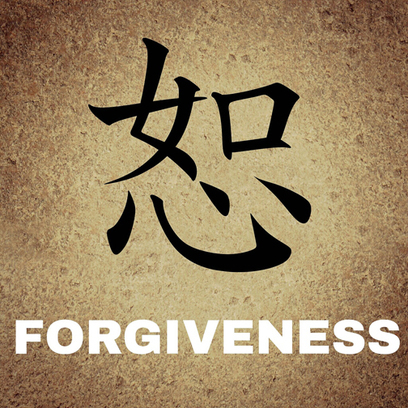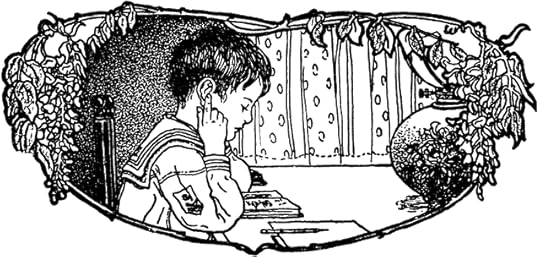Forgiveness and Apologies
 1 FORGIVING ANOTHER
1 FORGIVING ANOTHERWe carry around many experiences, some good and some bad. When we associate a person with a bad experience, there is a choice to forgive or not forgive that person. Depending on the action or lack of action that happened, it is up to you to decide if forgiving or not forgiving a person is the better option. You may or may not announce that you are formally forgiving a person, but forgiveness is always a personal mental action. If you want to forgive someone, it requires two things:
A desire to both forgive and continue creating new memories with the person in question.
To stop thinking about what that person did or did not do.
In other words, in order to practice forgiveness, you must forgive and forget. It is completely your choice though. You have no obligation to forgive anyone. Sometimes it is best to accept that you're angry and frustrated with a person and no longer want to associate with them. Sometimes it is best to accept that you want to maintain a friendship. Sometimes it is best to keep in mind what happened and move on cautiously. Sometimes after repeated instances of forgiveness you realize that forgiving a person is no longer healthy. Sometimes we try to forgive a person and find that we cannot. Sometimes we need more time in order to forgive a person, or need to grow ourselves, or the other person needs to grow before we can forgive them. Sometimes we need to have a conversations with the person or to receive an apology. If you decide not to forgive someone, then there is also the option of communicating the end of a relationship, which may or may not be easier for a person to digest than silence. It's complicated, but whatever you decide to do, forgiving or not forgiving a person is a healthy part of being human.
 2
2 APOLOGIZING TO ANOTHER
We may also associate the outcome of a good or bad experience with our own actions. Again, when we associate ourselves with a bad experience, it is up to us to decide if apologizing for it is worthwhile. You have no obligation to apologize for anything, especially not for who you are. Cultures and ideas clash. It is the beauty of the modern world that we have such diversity. Just know that not apologizing lessens the likelihood you'll be forgiven for your actions or lack of actions. Unlike forgiveness, apologies require some form of communication, whether verbal or nonverbal. There is also the option of communicating about why you're not apologizing by stating your perspectives and needs. Apologizing, or communicating about why you're not apologizing, both may save a relationship. Apologies require four things:
A desire to both apologize and continue creating new memories with a person
To not blame a person for their needs.
To do your best not to repeat the incident that upset the person in question.The apology itself.
 3 FORGIVING YOURSELF
3 FORGIVING YOURSELFIt is always important to forgive yourself for causing a bad experience. You can do this in the same manner as outlined above:
A desire to forgive yourself.
To stop thinking about what you did or did not do.
Understanding why what you did in the specific instance caused yourself or others suffering, and a willingness to avoid recreating that series of events again.
It may take time, and it may be difficult, but forgiving yourself or others, or apologizing to others allows your life to be lived more fully and makes it easier to live in the present moment.
~Sage Liskey
Image Sources:
1: http://pixabay.com/en/chinese-characters-background-676650/
2: http://etc.usf.edu/clipart/53600/53638/53638_couple-talk.htm
3: http://etc.usf.edu/clipart/45500/45545/45545_boy_study.htm
Published on April 05, 2015 13:14
No comments have been added yet.



